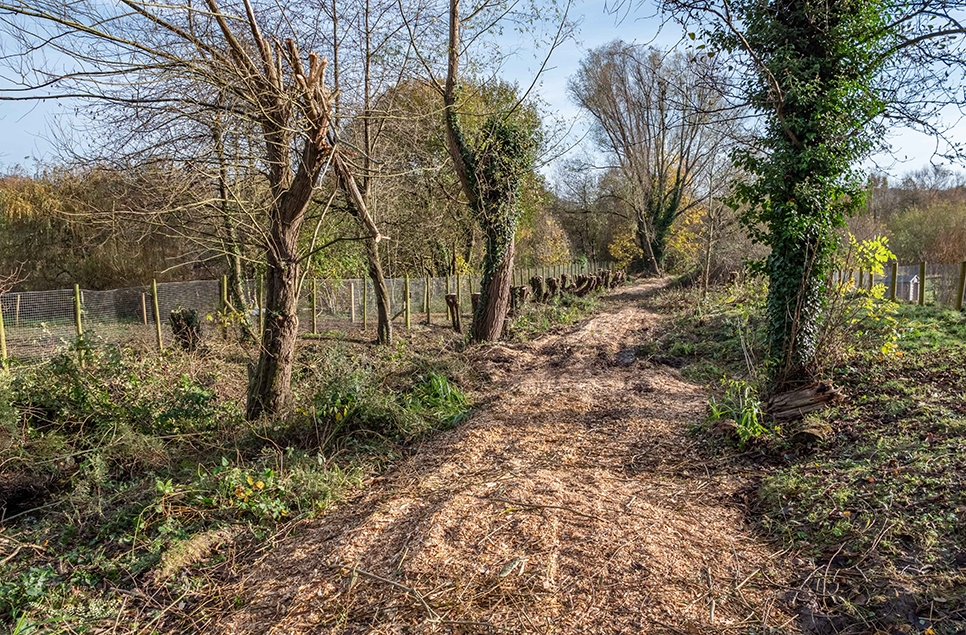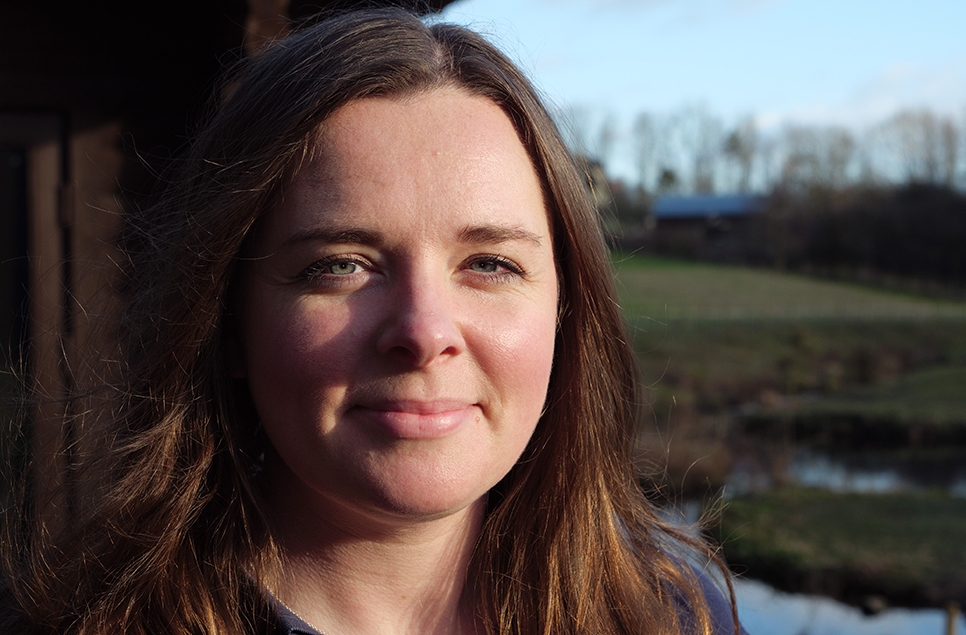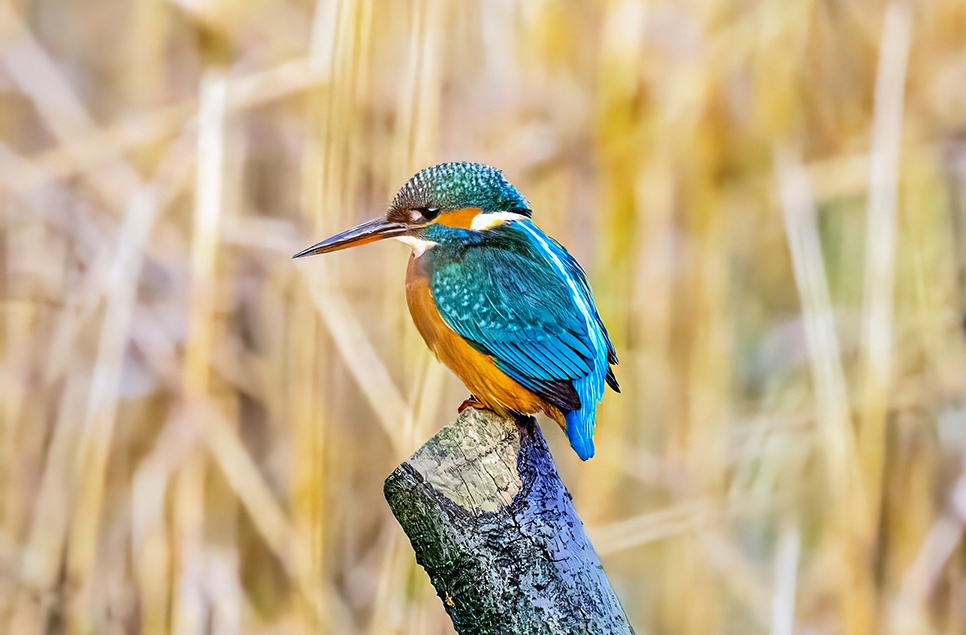Newborn quadruplets bring hope for otter species
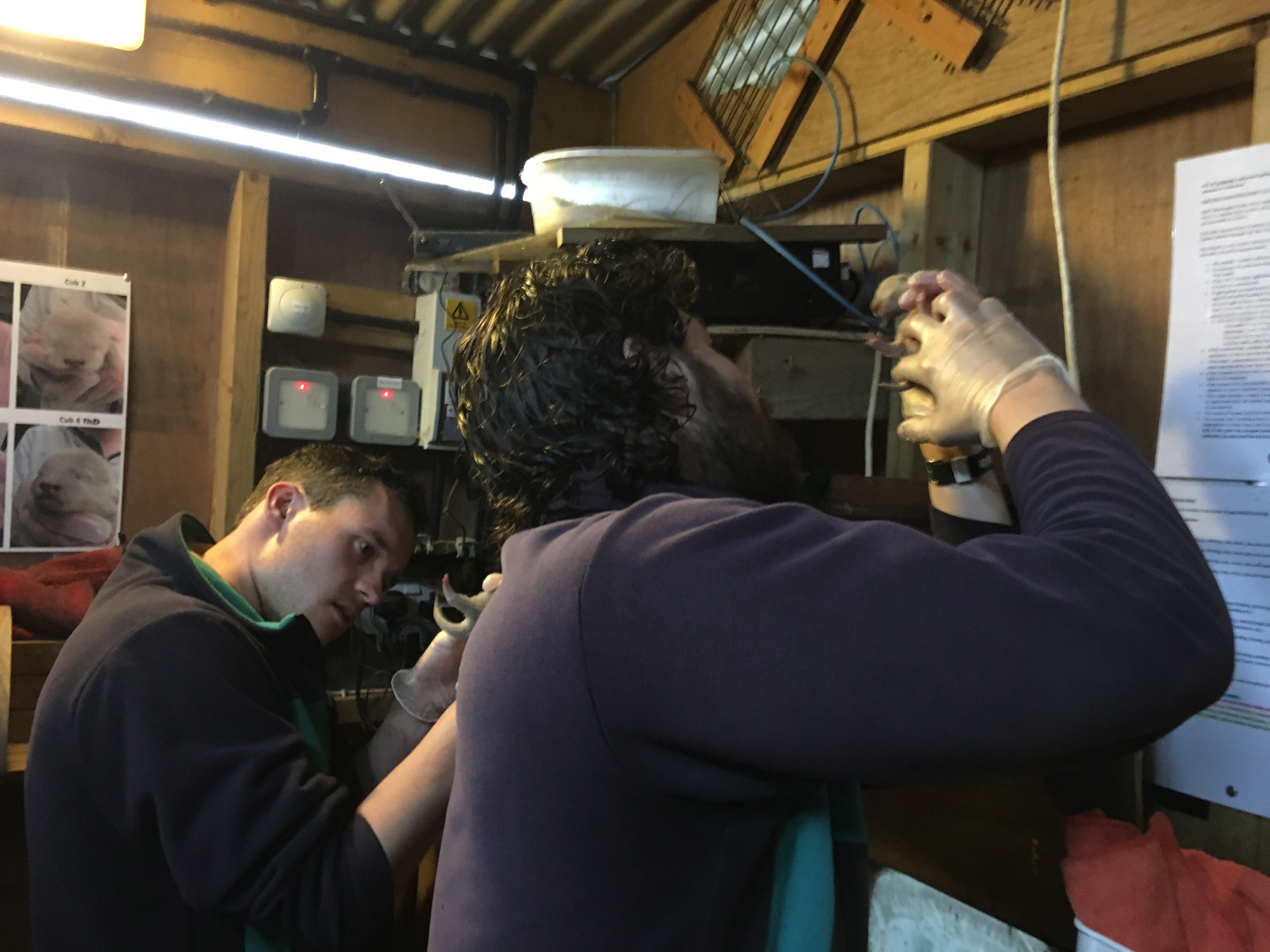
There’s otterly exciting news as four Asian short-clawed otter cubs are born at WWT Washington Wetland Centre, becoming the latest cubs to offer vital support to the vulnerable species.
The quads, born to adults Mimi and Musa on 16 March 2017 at the north east wetland centre have had their first health check this morning and are doing extremely well following 13 days of rest and bonding time with the whole family.
This first interaction with the cubs is very exciting for experienced keepers Kristian Purchase and Rhys Mckie, however,
their priority of minimising any stress to the otter family during this essential first health check meant that they had to keep their glee in check. The process from entering the holt, checking, weighing and determining the sex of the cubs took around 2 minutes, after which the rest of the family were allowed back into the holt where they settled very quickly.
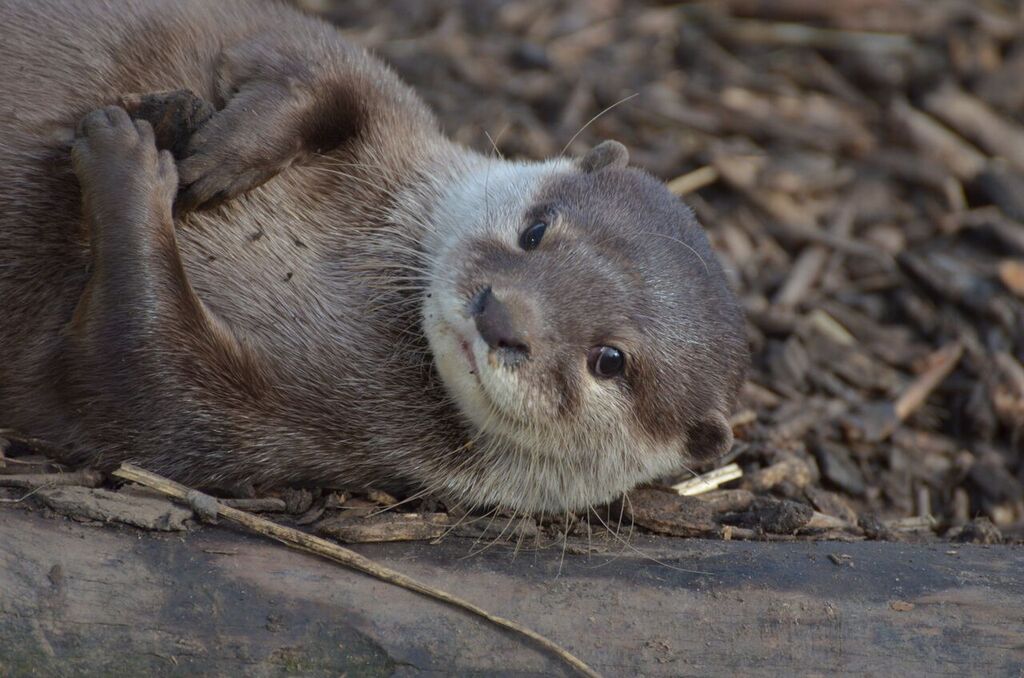
Of course, this isn’t the first litter born at the centre. Ruby, the first-born otter cub to Mimi and Musa in May 2015 proved to be an amazing big sister when her first siblings were born in March 2016. She helped to bring food to Mimi in the holt whilst she nursed the new cubs. When the cubs got older, she helped them learn to get around, swim and find food. This is behavior which would occur within a family group in the wild and now that Ruby has this experience, it’s time for her to do what she would also do in the wild – move on, find a mate and in time start a family of her own.
The Asian short clawed otter family are part of a global species studbook, aimed at conserving healthy populations of animals in captivity while safeguarding the genetic health of the animals under care. These programs act to provide a future for some of the world’s most vulnerable species, especially where education and in situ conservation work are able to protect natural habitats and change destructive behaviours.
An assigned stud book keeper, in this case, Jason Palmer from New Forest Wildlife Park, who is the European Species monitor for Asian short-clawed otters. Jason liaises with all of the registered zoos who keep these animals to provide an overall view of how the species and the individual animals are getting on, and to produce a plan for future management of them.
Jason said, “It’s becoming vitally important for us all to manage our species well and make sure we’re breeding correctly to maintain good genetically healthy populations. Asian short-clawed otters are classed as vulnerable by the IUCN (International Union for Conservation of Nature) with a rapidly decreasing wild population in many parts of its range.
“With the new baby otters born at Washington Wetland Centre and Ruby’s move, we can start to manage the population in a much more structured way. With organisations such as WWT and other zoos breeding and transferring responsibly, it will start to make a big difference to the captive well-being of all Asian short-clawed otters, securing a good healthy population for the future.
Gill Pipes, Centre Manager at Washington Wetland Centre said, “We’ve liaised with Jason to find a suitable mate and new home for Ruby. We’re pleased to say that her new home is at Peak Wildlife Park in Staffordshire where Jude, a 6 year old male has been eagerly awaiting her arrival.
“The otters here at our centre, including the four new arrivals are especially good genetically, which is great news for the species. It means they can play a key role in maintaining a healthy population. Ruby is the first of Mimi and Musa’s offspring to make the move from WWT Washington so we’ll be keen to share how she gets on via Facebook and Twitter. We won’t lie, we’ll miss Ruby and we know our visitors will too but we’re immensely proud of her and know that she’s now an adult and that this well thought out move is the right thing both for Ruby and her species.”
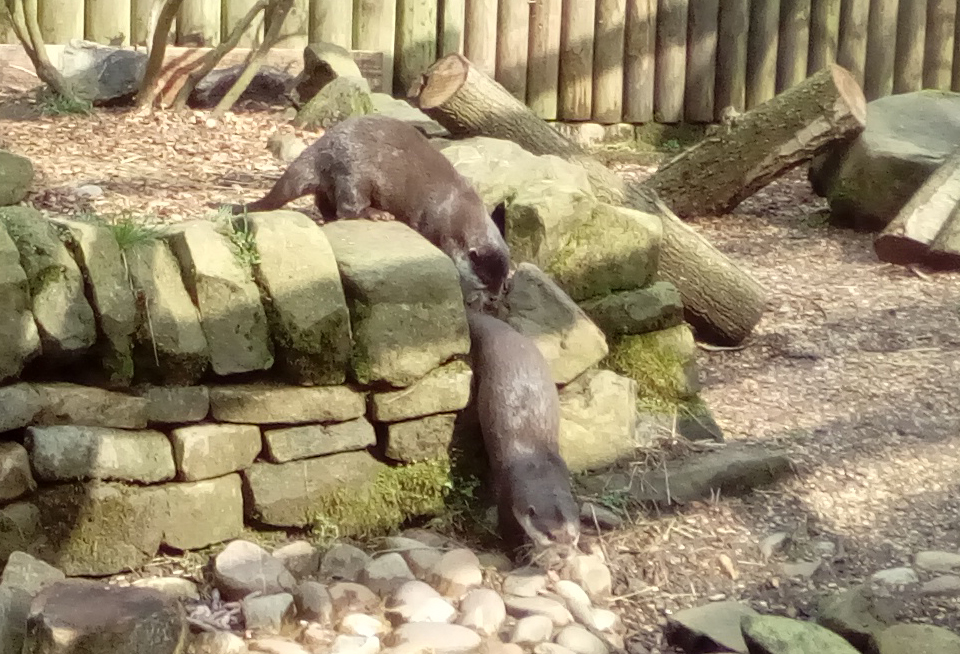
Kristian commented, “The introductions between Ruby and Jude couldn’t have gone any smoother. Jude was quite nervous at first, but Ruby initiated communication by taking him fresh bedding and they’ve been following each other around and exploring together since – it was very sweet.
“Although it’s still early days, we’re confident that Ruby and Jude will get on well and that she’ll be very happy in her new home. Who knows what the future will bring for these two but for now they’re getting on swimmingly.”
As with all families, there’ll be a period of adjustment for the remaining otters at WWT Washington, but with the new arrivals to tend to they’ll certainly have their paws full and visitors to the centre have already been delighted to see last year’s cubs help Mimi and Musa with the new arrivals in the same way Ruby did!
